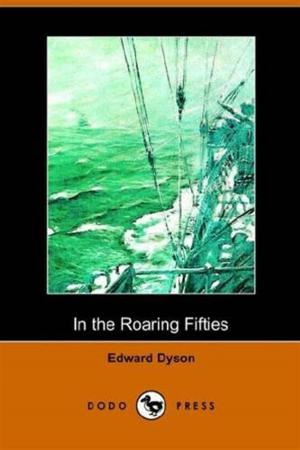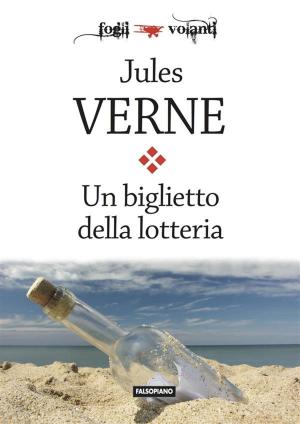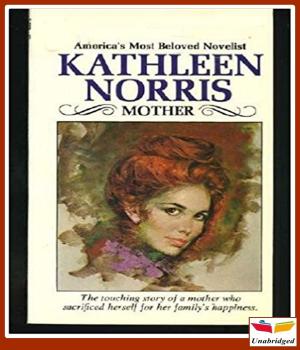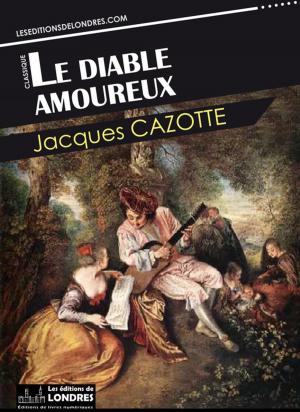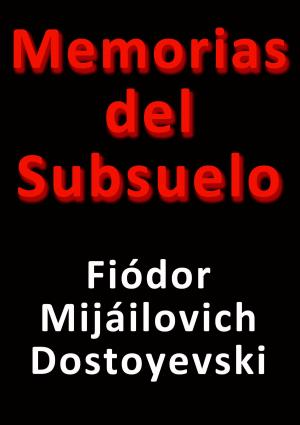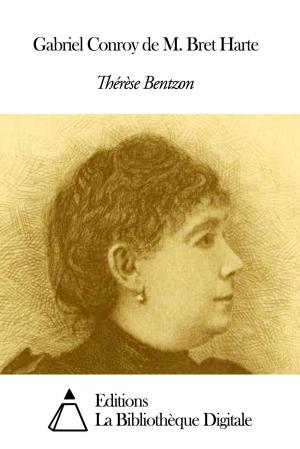The Sleeping Bard
Nonfiction, Religion & Spirituality, Philosophy, Mind & Body, Fiction & Literature, Classics| Author: | Ellis Wynne | ISBN: | 9786051760001 |
| Publisher: | Ellis Wynne | Publication: | June 11, 2015 |
| Imprint: | Language: | English |
| Author: | Ellis Wynne |
| ISBN: | 9786051760001 |
| Publisher: | Ellis Wynne |
| Publication: | June 11, 2015 |
| Imprint: | |
| Language: | English |
The Bardd Cwsc is not only the most popular of Welsh prose works, but it has also retained its place among the best of our classics. No better model exists of the pure idiomatic Welsh of the last century, before writers became influenced by English style and method. Vigorous, fluent, crisp, and clear, it shows how well our language is adapted to description and narration. It is written for the people, and in the picturesque and poetic strain which is always certain to fascinate the Celtic mind. The introduction to each Vision is evidently written with elaborate care, and exquisitely polished—“ne quid possit per leve morari,” and scene follows scene, painted in words which present them most vividly before one’s eyes, whilst the force and liveliness of his diction sustain unflagging interest throughout. The reader is carried onward as much by the rhythmic flow of language and the perfect balance of sentences, as by the vivacity of the narrative and by the reality with which Ellis Wynne invests his adventures and the characters he depicts.
The Bardd Cwsc is not only the most popular of Welsh prose works, but it has also retained its place among the best of our classics. No better model exists of the pure idiomatic Welsh of the last century, before writers became influenced by English style and method. Vigorous, fluent, crisp, and clear, it shows how well our language is adapted to description and narration. It is written for the people, and in the picturesque and poetic strain which is always certain to fascinate the Celtic mind. The introduction to each Vision is evidently written with elaborate care, and exquisitely polished—“ne quid possit per leve morari,” and scene follows scene, painted in words which present them most vividly before one’s eyes, whilst the force and liveliness of his diction sustain unflagging interest throughout. The reader is carried onward as much by the rhythmic flow of language and the perfect balance of sentences, as by the vivacity of the narrative and by the reality with which Ellis Wynne invests his adventures and the characters he depicts.


